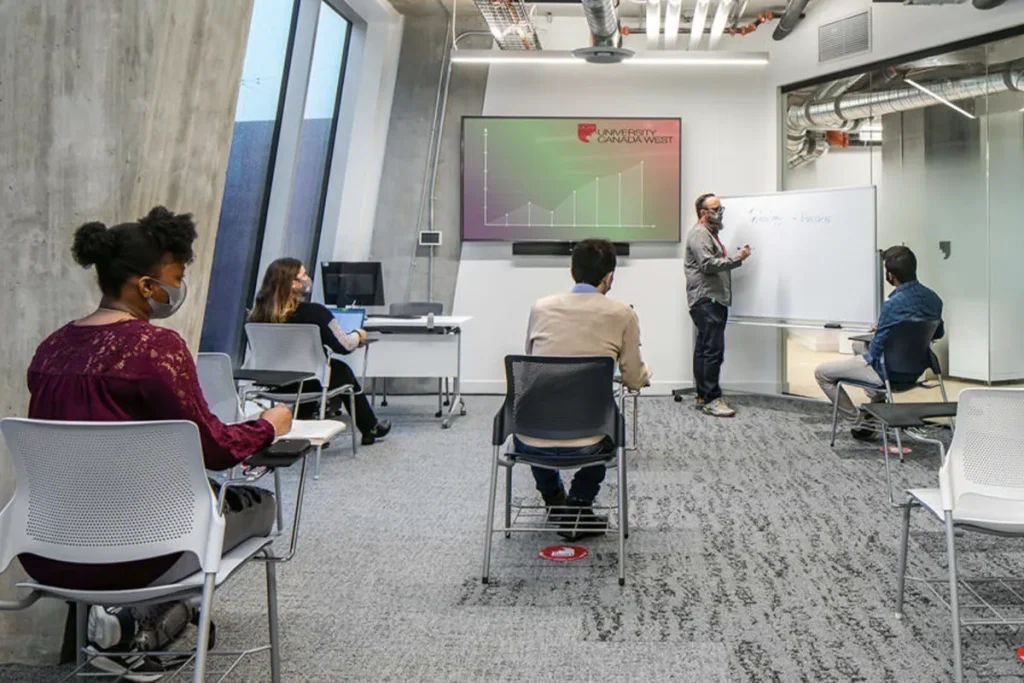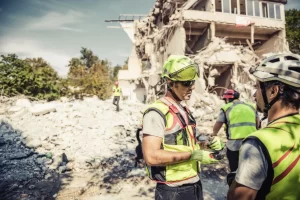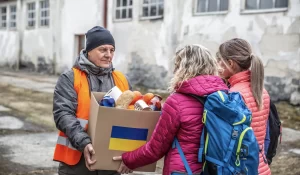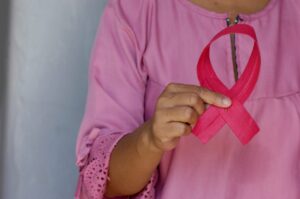UCW understands the importance of sustainability to the future of our planet.
UCW is committed to creating a green footprint for the environmental stewardship of our campuses. We commit to not only teaching sustainability but also to modelling it through our actions.
UCW understands the importance of sustainability to the future of our planet. UCW is committed to creating a green footprint for the environmental stewardship of our campuses. We commit to not only teaching sustainability but also to modeling it through our own actions.
UCW is a proud member of the Association for the Advancement of Sustainability in Higher Education (AASHE).

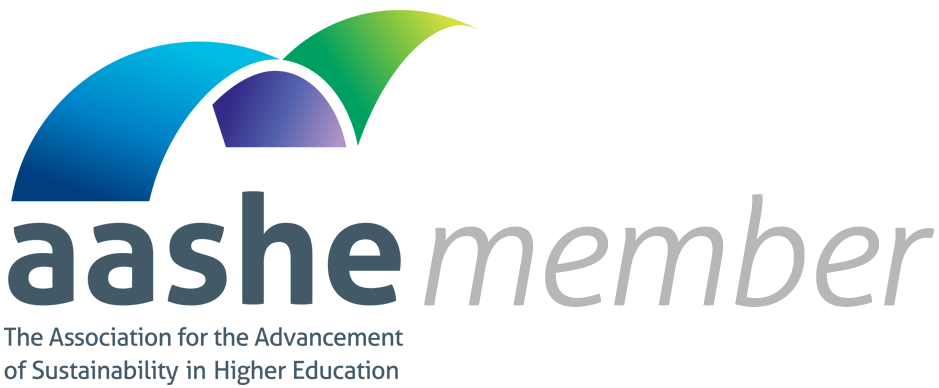
Curriculum and Faculty
University Canada West is dedicated to expanding our sustainability footprint through ongoing integration of sustainability throughout our academic offerings.
For UCW students, sustainability can be a component of your educational program. Today, we offer two types of sustainability education:
- Course content within our degree programs; and
- A micro-credential in Corporate Social Responsibility (CSR).
In addition, several Professors at UCW are involved in sustainability research or lead sustainability initiatives as part of their professional practice.
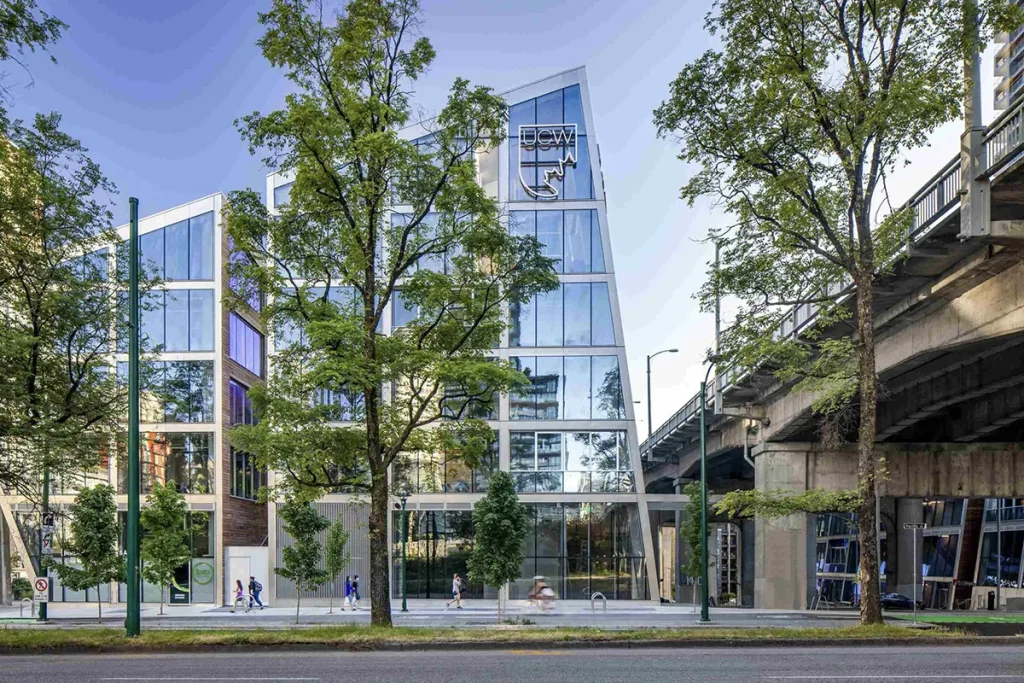
Campus Building
Vancouver House Campus is a highly efficient building due to a wide variety of sustainability features and its recent construction (2020). The developer of our campus is currently pursuing LEED Certification from the Canada Green Building Council.
Energy – While the campus has a great deal of glass, efficient triple pane glass was used to create a tight envelope or shell to reduce heat loss. Each of UCWs buildings is also well shaded to reduce solar heat gain in the summer.
To create optimal insulation, bird habitat and a pleasing aesthetic, each of our buildings are topped with green roofs.
The buildings are on a district energy system for both heating and cooling. When heating in the winter, the district energy system relies on 96% efficient boiler systems that deliver low temperature hot water for heating.
All of the lighting within our campus is light emitting diode (LED) technology and we selected classroom AV and kitchen appliances for energy efficiency.
In support of electric vehicles, all parking spots in our underground parking are wired for EV chargers.
Tips: Help us conserve energy to reduce our impact on the planet by:
- Turning it off when it’s not in use.
- Taking the stairs whenever possible (It’s better for your health too)
Water – Water and energy have always been closely linked in the world of buildings management. In fact, the water that we use, takes energy to clean, move and dispose of after use. This is true in British Columbia, as much as anywhere in the world, because 97% of our electricity comes from hydroelectric dams.
At UCW, all of our fixtures are low flow efficiency rated fixtures to reduce water consumption. In the interest of human health, lunch facilities are also equipped with additional purification systems.
The aforementioned green roofs also control storm water by absorbing rainfall. They also delay storm water release by emptying excess water to a cistern system before releasing into the city’s stormwater sewers.
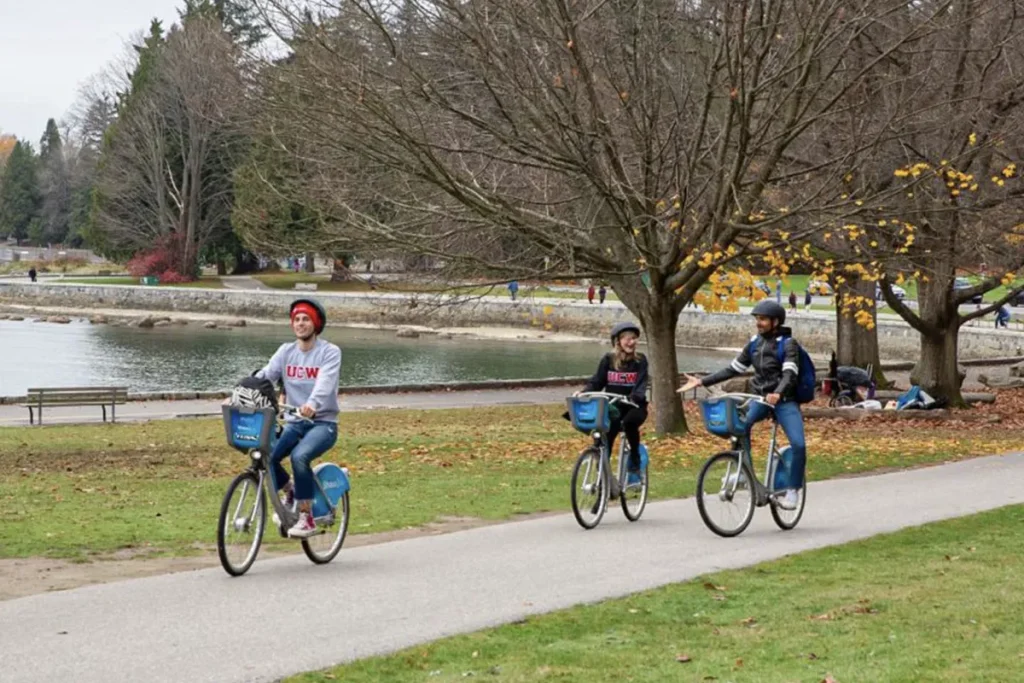
Transportation
UCW is ideally located near public transit. In fact, students arriving at Vancouver International Airport (YVR) might never need to drive. The UCW Vancouver House Campus is conveniently close to two adjacent active travel paths, rapid transit and express bus service within a 10 minute walk, as well as a shuttle that supports both bike and wheelchairs to our door, and a foot ferry that also supports cyclists.
Transportation is responsible for approximately half of the climate emissions created in the City of Vancouver. The car also contributes to public health crises, including respiratory disease caused by microscopic particulate emissions (learn more about PM2.5 here) from combustion and tire particles. The automobile also consumes more than 2% of our land mass for roads & parking. Over-all, transportation is one of the more important sustainability issues of our time.
UCW manages our transportation footprint by:
- Ensuring that our community is aware of transit options
(rail, bus and boat) - Encouraging and facilitating self-propelled modes of commuting
(walk, run, bike) - Where possible, reducing the amount of travel required by staff and students
(remote work and study).
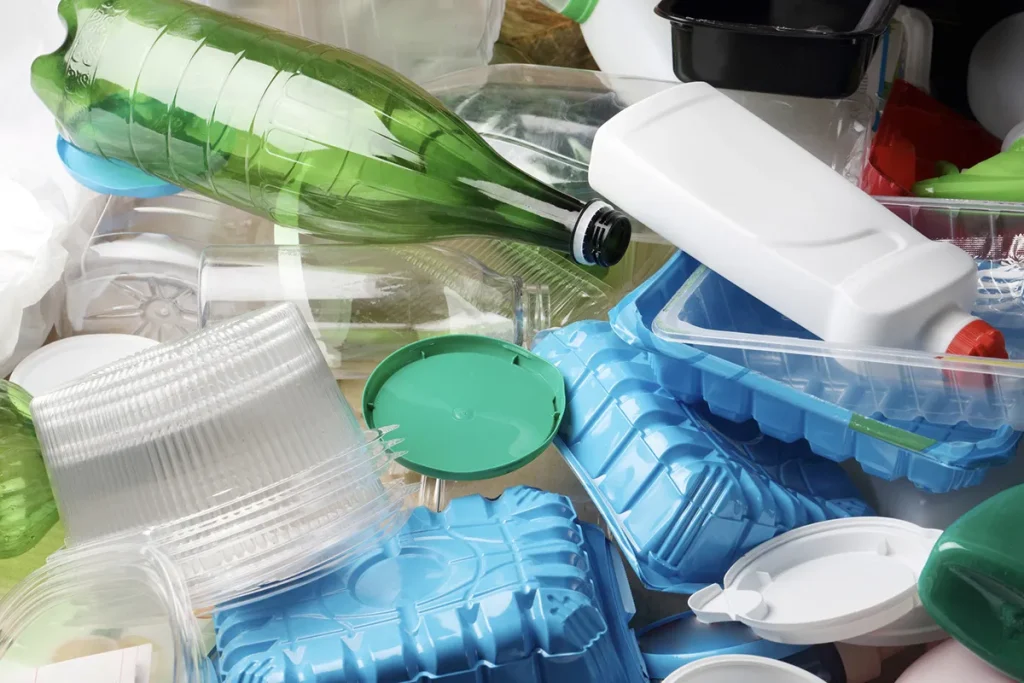
Recycling
When UCW moved to Vancouver House, the University was careful to follow the waste management hierarchy by:
- Reducing our need for materials (Reduce)
- Identifying any materials that we could bring with us (Reuse)
- Ensuring materials we needed had recycled content (Recycle) and that our relocation and purchase packaging was recycled.
- Recovering hard to recycle by-products from our purchases (Reclaim)
UCW also REFUSED to use materials that were red-listed or compromised indoor air quality.
Here are a few examples of such measures:
- Requiring air quality certification for our purchased furnishings, fittings and finishes (such as chairs, carpets, counters and paints)
- Selected carpet that had high recycled material content
- Ensured selection of long-lasting and easily repaired furniture
Of course, our society still wears things out and relies on packaging for product protection and safety. To answer this need for waste management, UCW has an active recycling program.
At every dining area you’ll find four product waste separation. We separate items that can’t be easily recycled from:
- Food waste (Organics)
- Containers (Plastic, Glass & Aluminum)
- Wood fiber (Paper & Cardboard)
If you’re not sure what can be recycled, a current list of materials can be found on the Recycling BC website.
Tip: Want to help reduce waste, start by refusing to use single use containers. The most common source of avoidable waste is our drinking containers. Carry a reusable mug & water bottle, hydration is also important to your health and studying.
